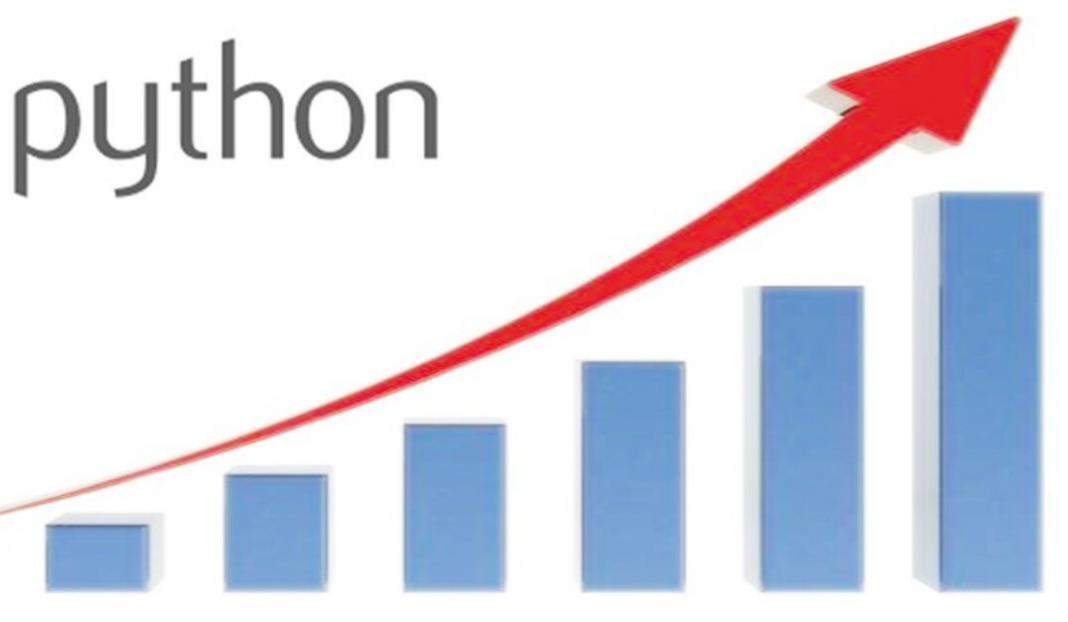Python is one of the most prominent and easiest programming languages to learn in 2022. Programmers use Python to build websites and mobile and software applications. The benefits of Python include its syntax and fewer codes that allow a programmer to do more. Python has risen above other programming languages due to its portability and the support of vast libraries that a user gets.
Due to these uncountable benefits, programming enthusiasts are keen on learning the language. The best way to learn coding is by referring to online resources. Enrolling in a Python programming course can be a good decision. A Python programming course that teaches you the basics and slowly raises the bar will suit you.
But what’s the history of Python? How did the language get so popular? When did work start on Python? Who started working on Python? There are many questions like these that need answers. Below you will find all the answers!
History of Python
Python was designed and conceived by Guido Van Rossum in the early 1980s. In 1989, at Centrum Wiskunde & Informatica (CWI) he started working further on the language. What’s interesting about this story is that Rossum started working on Python as a casual activity. However, after beginning his work, he started enjoying it and was excited about the results.
At that time, Python was succeeding in the ABC programming language. During the development of the ABC programming language, Rossum played a crucial role. He was fond of the language, even though the language had its shortcomings. What happened next, was the best thing that happened in the world of programming. Rossum took the syntax of the ABC programming language and all its good features to build the new language. Moreover, he also fixed the shortcomings and flaws of the ABC programming language. The name ‘Python’ was inspired by a BBC television show, ‘Monty Python’s Flying Circus.’ Rossum was interested in a short and crisp name that sounds exciting. That’s how we got the name Python!
The language was finally released in 1991. After its release, the language used a lot fewer codes compared to other counterparts such as C++ and JAVA. The basic purpose of the Python programming language was to increase a programmer’s productivity and enhance code readability. It was considered a great successor to the ABC programming language.
Different versions of Python
After its release different versions of Python were released throughout time, that would include exciting new features and bug fixes. The new versions also ensured improved stability across the language.
- Version 1.0
This version was released in January 1994, which included new features Lambda, map, filter, etc. After that, versions 1.4, 1.5, and 1.6 were released with added benefits and new features.
- Version 2.0
Version 2.0 was released in October 2000. The new version of the programming language included the new list translation feature and a waste collection system.
- Version 3.0
Version 3.0 was released in December 2008 with another set of new features and the discontinuation of some other old features. Due to the discontinuation of several elements and backward incompatibility, many programmers are still using the older version of Python.
There’s also a newer version of Python expected in the next year. However, the version will only be out after version 3.9 is released.
While this is a list of all the versions of the language, isn’t it necessary to take a look at all the benefits of Python programming? How can language help programmers? Why should you learn Python? Let’s take a look at all the benefits of the programming language.
The advantages and applications of Python
Before you jump into the world of programming, it’s essential to know the benefits of Python. While python programming for beginners can be exciting, you must know the language, its scope and real-life applications.
- Improves productivity of a programmer
Python improves the productivity of a programmer. The biggest benefit of Python is its easy and intuitive syntax. A programmer never has to spend hours behind understanding the language. Python programming for beginners is easy as long as you are dedicated to learning.
- Interpreted language
Python is an interpreted language. Execution of the code occurs line-by-line, and it’s what programmers look for! Line-by-line execution also means that once an error occurs, it reports it back straight away without proceeding further.
- Free and Open-source
Python is a free and open-source language with its certification. If you wish to download the source code, modify it and distribute it! If you wish to modify something for a particular use-case and then use the language, it’s easily possible in the case of Python programming.
- Rich libraries
As a programmer you also have the support of rich libraries in Python, to execute tasks efficiently and without difficulty. Even though Python has a humongous standard library, if you wish to do more, there are tons of other libraries.
Applications of Python
Now that you know the benefits of learning Python and why you should learn coding in Python, we can look at the applications of Python. It will help you define the scope and decide what role will suit you the best. Below you will find some applications of Python:
- Web development
The different frameworks that Python uses and its rich set of libraries allow a user to work with Internet protocols such as HTML, JSON, etc.
- Game development
Python is also one of the best programming languages to choose from when it comes to building interactive games. Libraries like PySoy help work on 3D games.
- Data Science
The use of Python also makes data processing and data analysis easy. Python programming language makes data analysis easy by allowing a user to perform various functions and play around with data.
- Web Scraping
Python is also useful for extracting large chunks of data from different sources and using it to form actionable insights. The data is also useful for further research and development.
These are some of the real-world use cases of the Python programming language. Python can be used for a variety of applications. You must also note that there are many other benefits of using Python over other programming languages. Python plays an essential role in the development of applications and is an easy-to-understand programming language that anyone can learn. Python programming for beginners can be rewarding. Moreover, if you are enthusiastic about learning the language and accomplishing wonders, you can enroll in a python programming course. A course will not help you to build a solid foundation in the fundamentals of Python but also help you to get some real-world exposure.
You may also want to read,
- How To Look For A Career Path As Python Developer?
- The Ultimate Guide to Learning Python Programming Online
- Python or R: Which Should You Learn as a Beginner Data Analyst?
- How to become a python Developer?







